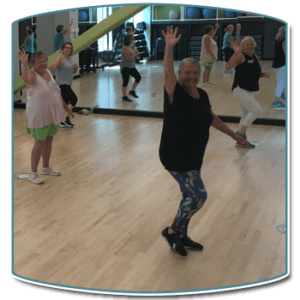Our thanks to Jane Probst for sharing information on how daytime activities can affect our sleep in a Health Matters presentation on January 22. Jane takes a behavioral approach to improved sleep, identifying how nutrition, exercise and lifestyle can impact sleep.
Jane is a member of our Medical Advisory Committee. She is a Licensed Clinical Social Worker who has practiced in Culpeper since 2013. She is certified in Psychological Traumatic Stress, practicing with several physiological body-based trauma modalities, like SMART (Sensory Motor Arousal Regulation Therapy), Brainspotting, Tapping, EMDR, and Mindfulness Based Stress Reduction. She earned her BA in Psychology at George Mason University, and a Masters of Social Work, Clinical at Virginia Commonwealth University. In working with clients in her practice, Jane’s perspective is to encourage small shifts and insights into self-care in areas of Nutrition, Exercise, and Life Style, which are all contributing factors to improving sleep, knowing that even small shifts can lead to greater overall well-being.
Jane’s presentation is provided below for your information, followed by links to resources she mentioned in her program.
Click the box below to access the presentation in pdf form.
Other resources
Tapping is a technique that can help wake up the body in the morning as well as stimulate the vagus nerve for adjustment to circadian changes. The vagus nerve, also known as the vagal nerves, are the main nerves of your parasympathetic nervous system. This system controls specific body functions such as your digestion, heart rate and immune system. Click here to learn more about tapping – From the Cleveland Clinic.
Sleep Hygiene – Huberman Lab. Andrew Huberman, Ph.D., is a neuroscientist and tenured professor in the department of neurobiology, and by courtesy, psychiatry and behavioral sciences at Stanford School of Medicine. His podcast focuses on neuroscience; there are several episodes related to sleep.
Last but not least, Jane advised that most important is to be kind to yourself. Start small and give yourself time to adapt to any changes you decide to make.
We’ll be offering another Health Matters soon!


